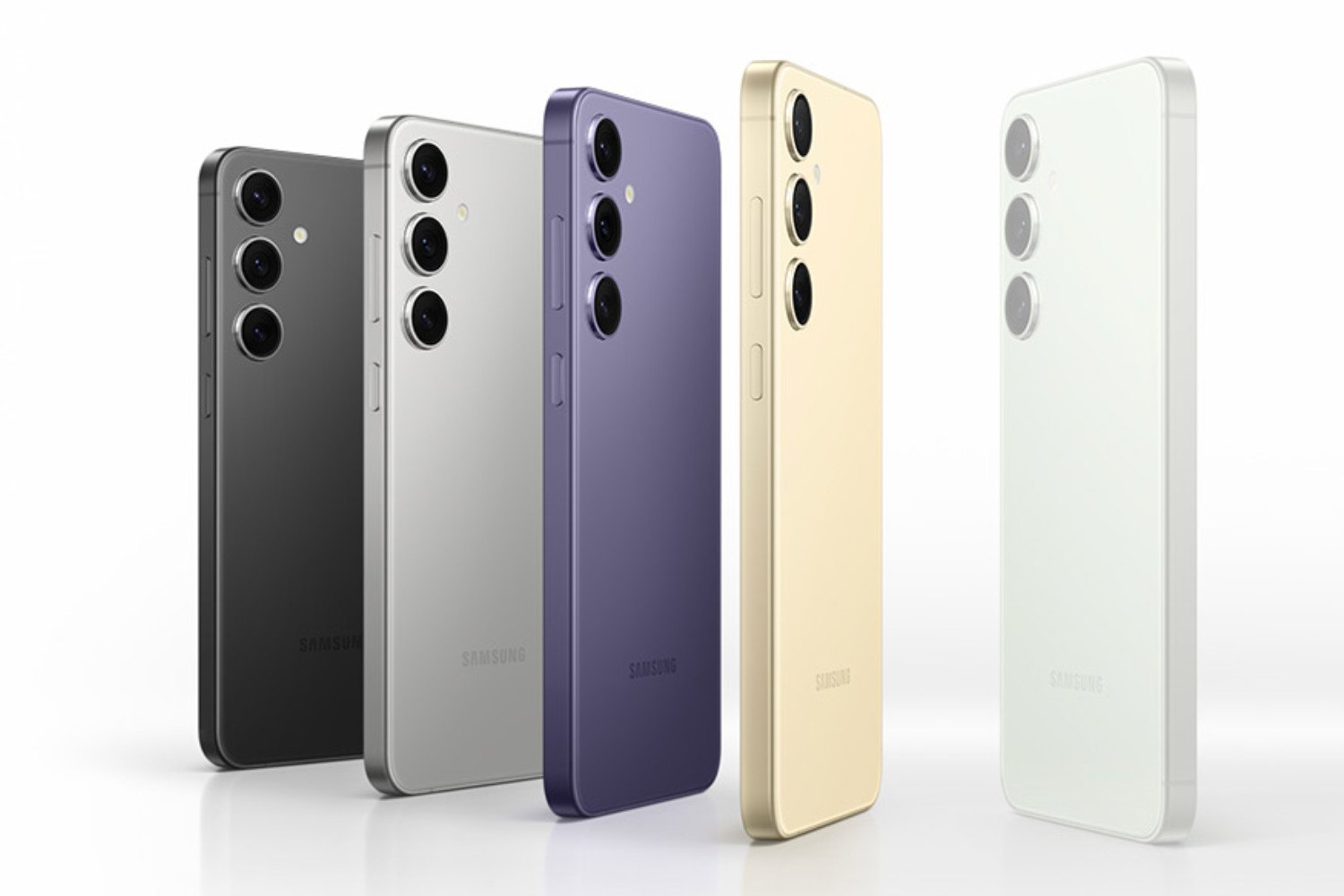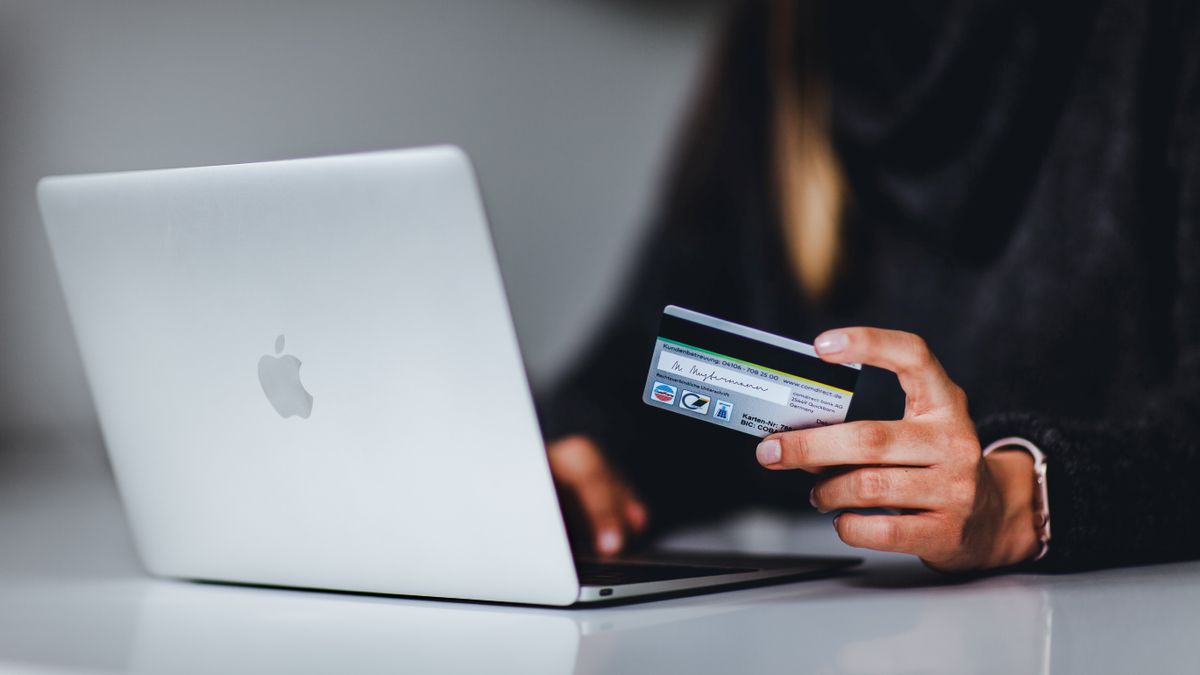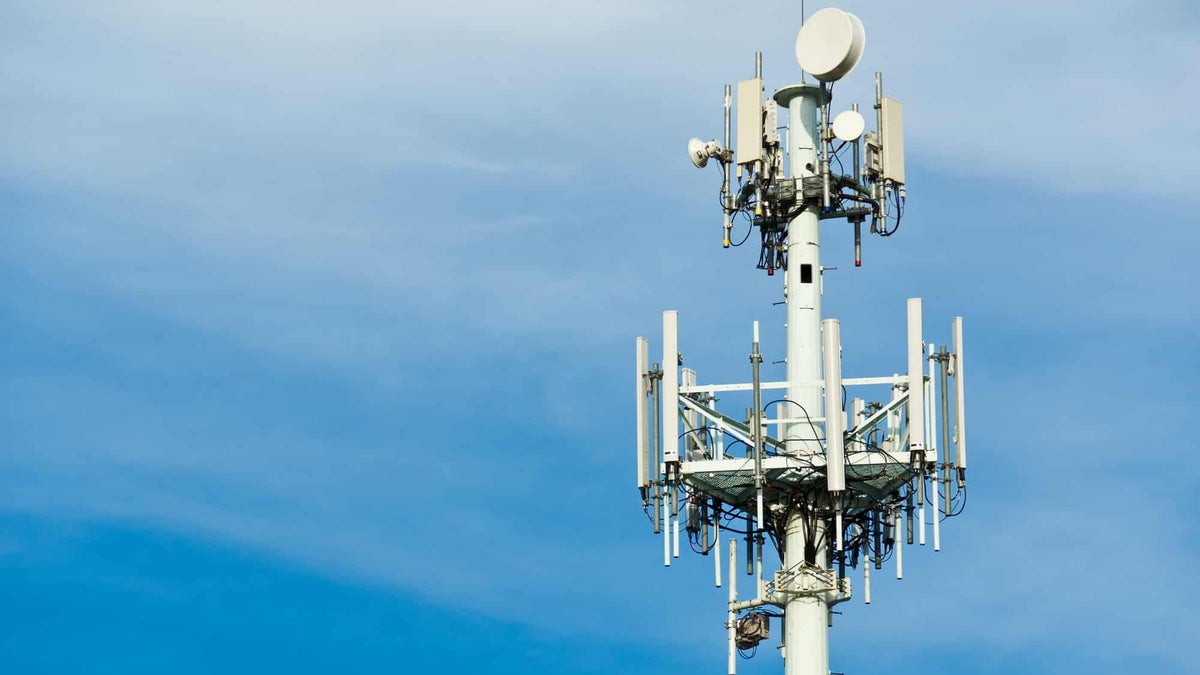Hackers are, it’s safe to say, an innovative bunch.
From having AI write emails that know a little too much about your life to using Google Maps screenshots of homes to scare people, scams are becoming increasingly sophisticated.
But a cybersecurity expert has revealed that crooks can even use jerry-rigged Apple iPhone chargers to nab your data.
Ryan Montgomery, who tests digital security flaws in company networks, cautioned against using cables that you haven’t bought yourself.
Speaking on Instagram, Ryan said that ‘ordinary-looking’ charging cables can ’cause havoc on your computer or phone.’
Hackers use cables loaded with malware in a type of scam known as ‘juice jacking’.
So, if innocently used to charge your phone through your laptop or computer, the malware infects devices and gives hackers an access pass to your data.
They can read and steal your data by capturing keystrokes, rummaging through passwords and even lock up the gadget altogether.
Demonstrating this, Ryan filmed himself plugging in a charger into a ‘new’ computer that wasn’t connected to a phone.
‘This is a fully functional cable, you can still charge a phone with it,’ he said.
‘With this cable plugged in, I have full access to this computer.’
With just a press of a button, Ryan then used his phone to get ‘full access’ to the device, which he hacked to show a pop-up reading: ‘Protect your devices.’

The dubious device is known as an ‘OMG cable’, described by maker Hak5 as ‘a hand made USB cable with an advanced implant hidden inside’.
The $179.99 (£142) wire isn’t designed to be used by tech-savvy scam artists but rather help cybersecurity teams who recreate real hacks to know how to fight against them, known as ‘Red Teams’.
As Hak5 adds: ‘These cables will allow you to test new detection opportunities for your defence teams. They are also extremely impactful tools for teaching and training.’
Security experts say to keep yourself safe, people should not use USB cables found already plugged into charging stations or use a power outlet if possible.
USB charging ports are found everywhere these days, from hotels and airports to even trains and buses, giving scammers more opportunities.
Some experts caution against even using chargers given away by promoters, given that branding the wires is an easy and cheap feat.
Apple iPhone users, whose devices are especially vulnerable, should carry their own charging wires, only charge from an electrical outlet and use portable batteries bought at reputable retailers.
‘Never trust a cable that’s not yours and if you’re really concerned, get a data blocker,’ Ryan added.
A USB data blocker – also known as a USB ‘condom’ – acts as a barrier between cables and computers to prevent malware from sneaking in.
Get in touch with our news team by emailing us at [email protected].
For more stories like this, check our news page.
MORE: Full list of iPhones compatible with Apple’s iOS 18.2 update and new AI features
MORE: 7 warning signs your phone may be reaching the end of its life
MORE: This secret iPhone hack can help protect your eyesight







